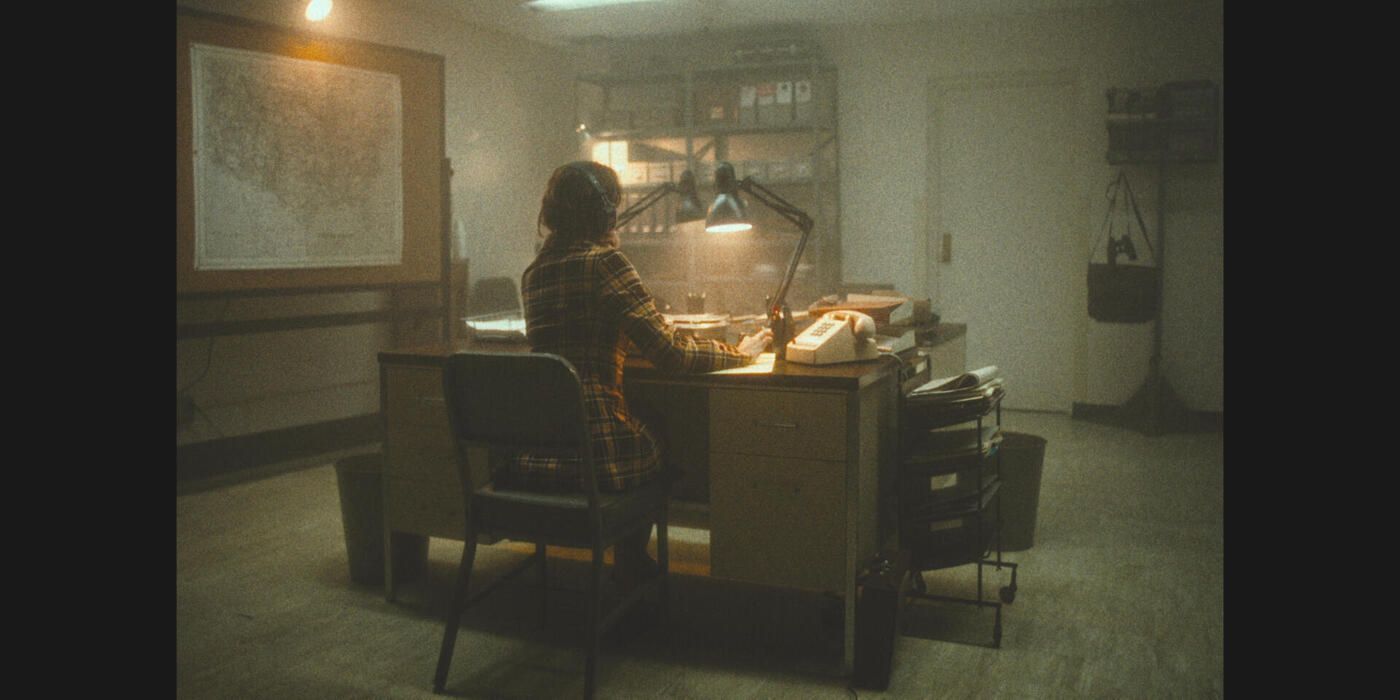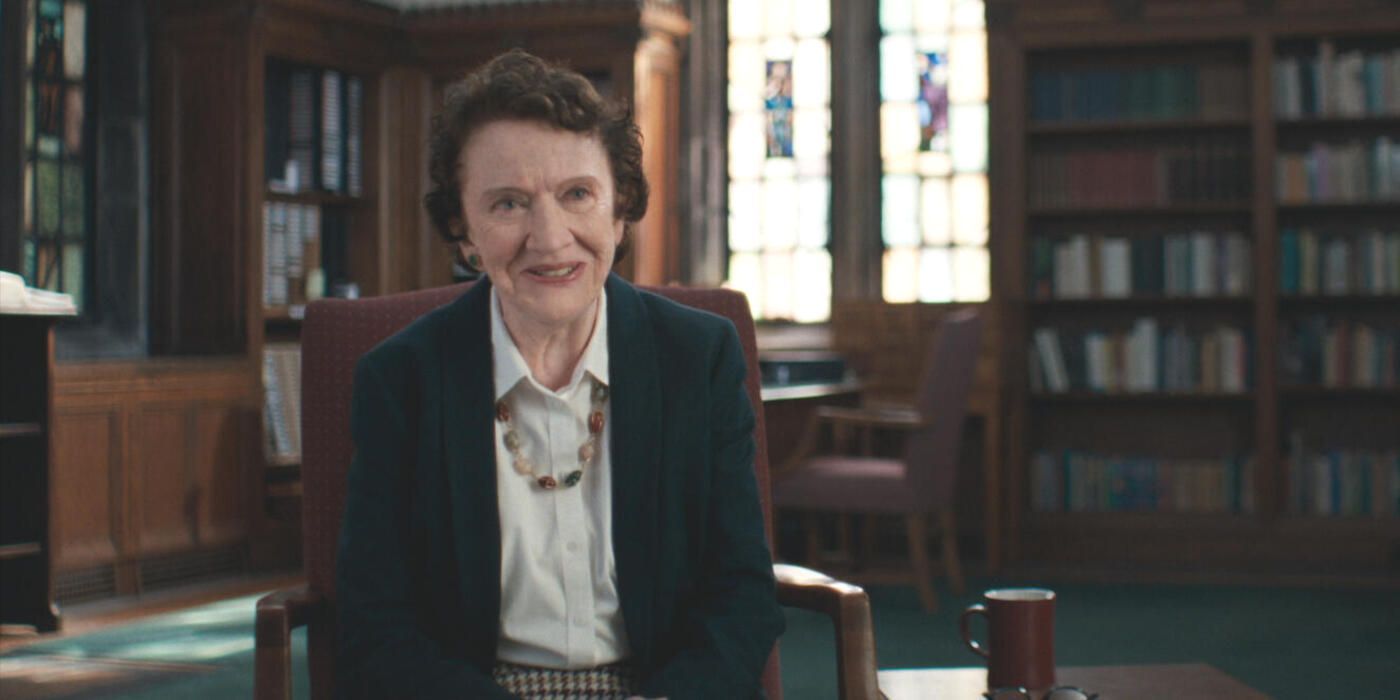The Hulu limited series Mastermind: To Think Like a Killer is what fans of Mindhunter didn’t even know they needed. While the Netflix show made viewers aware of Dr. Ann Burgess — who was fictionalized as Dr. Wendy Carr, played by Anna Torv — the Hulu project is a docuseries that focuses on Dr. Burgess, and puts her in front of the camera. It adds another perspective to an already compelling true crime story.
Ahead of the Mastermind: To Think Like a Killer premiere, CBR spoke with Dr. Ann Burgess, as well as the TV series’ director Abigail Fuller. Together, the two women discussed why Dr. Burgess’ personal journey is important and what motivated her to finally step further into the public eye. Plus, find out why they wouldn’t call this a strictly “true crime” show.
John Douglas has a very successful second career after the FBI thanks to his book Mindhunter, the Netflix show and his other titles, and his colleague Robert Ressler also detailed his experiences in a memoir before he passed away. Ann, what made you want to now tell your story – first through your book A Killer by Design, and now with Mastermind?
Dr. Ann Burgess: I kind of got pulled into it that way. [Laughs.] It is important to be able to be out there, so to speak — especially as a nurse. I feel very, very strongly about that. So often, I’m not identified as a nurse… so I really appreciate having the opportunity for nursing, to say what we can do.
Abby, you only have three episodes to tell the entirety of Dr. Burgess’ story, not just her time spent working with law enforcement. How did you discuss with Ann and the rest of the creative team what absolutely needed to go in, and what unfortunately might have to be left out?
Abby Fuller: It was a year and a half of the process of making this, from when I first started to talk to Dr. Burgess until we finished the show. But taking an example from Dr. Burgess’ book, it’s a lot of listening. What are the stories that are most important to her? What are the cases that felt most important to her career?
It really was talking about these different chapters of her life. And also making sure that we could make it exciting for a true crime audience. It was a lot of trying things and a lot of listening, and a lot of working with our really talented team to pull together the most enthralling series possible.
Audiences who’ve seen Mindhunter or who like this genre may feel like they’re already familiar with this story, due to the popularity of true crime TV and specifically the topic of profiling. What do you feel Mastermind: To Think Like a Killer offers that viewers haven’t yet experienced?

Burgess: One of the important ones is how the interviews go, what we learned from them. That is the most instructive part because we felt that is what we had to contribute, especially from the victim standpoint — the victimology. That’s something that the agents were not paying attention to, and why should they? They were investigators that [were] trying to find the suspect. I told them, they have to understand the victim and why the victim was selected, and that’s going to be the clue to how they can find the suspect. I want people to watch for that.
The other thing is we [had] a case of a young seven-year-old… At first they didn’t think that a seven-year-old would be able to give them any information. She really was the one that gave the most information, so never disregard children just because they are young.
Fuller: We turn the true crime genre on its head a little bit with this series, because we’re normally following detectives and agents , and in this case, we’re following a psychiatric nurse and an academic. We’re looking at what’s important in understanding the minds of criminals, which is data analysis — which doesn’t always at first seem like a really exciting thing. But when you understand Dr. Burgess’ contributions, you realize it’s actually incredibly important. It’s the cornerstone of understanding profiling. And I think we did a good job at showing how exciting that process actually is.
I will say that when we did all of the recreations that you see in the show, I said this is incredible, because I just looked [at] the set decorators and what they did for Mindhunter . We kind of took a page out of that, because they had done all the research already on what the BSU [Behavioral Science Unit] looked like… We pulled a lot from that plan for our props and our set design.
Is there anything in particular that you want TV audiences to take away from the three episodes of Mastermind?
Fuller: We kind of always talked about this as “true crime adjacent.” If you’re a true crime fan, you’re definitely going to love this series. But the series is really about Dr. Burgess… We talk about everything from nursing to academia, to the Behavioral Science Unit, and then also her work as an expert in trial cases. It really pushes beyond what we expect about true crime, and it really tells the story of Dr. Burgess in her career. It’s a little bit of a different take, and I think people are going to really like it.
It was an incredibly rewarding experience to work with Dr. Burgess, and also Steven Constantine, who co-wrote the book with her, as well as the incredible team of mostly all women that I got to work with… I feel like there was so much creativity, from the recreations to the graphics to the way we assembled the timeline. It was just fulfilling from a filmmaking standpoint, and then also getting to shine a light on some of the really important work Dr. Burgess has done, and share that with it with a larger audience.
Burgess: I want to emphasize how nursing has been able, through their Sexual Assault Nurse Examiners, establish an incredible network around the country, so that in many hospitals, the trauma that the victims experience can be taken care of. Nursing has really stepped up to the plate to take on a task that others in the medical field did not want to do, and they’ve done a good job with it. It’s been very important for them to gather evidence, interview the victim [and] try to at leas start the trauma process.
After so many years interviewing people, Dr. Burgess, how different was it for you to be the focus of interviews? What are you going to remember most about Mastermind: To Think Like a Killer?

Burgess: This certainly was unusual and very different. I was not used to that — as you say, I was more used to getting information from people and how it could be used. I did have the tables turned, I’ll admit that. [Laughs.]
I’m certainly going to remember the length of the process to put this all together. As Abby already said, it was about a year and a half of pulling material to condense down into three [episodes]. I think that is amazing, that they were able to do it.
For people who really like crime shows, it’s a little bit of armchair detective work. I hope that they will see how we did the profiling and how we would use the information, and maybe that will improve or strengthen their ability to listen to an unsolved case, and to begin thinking of what or who might have committed the crime.




